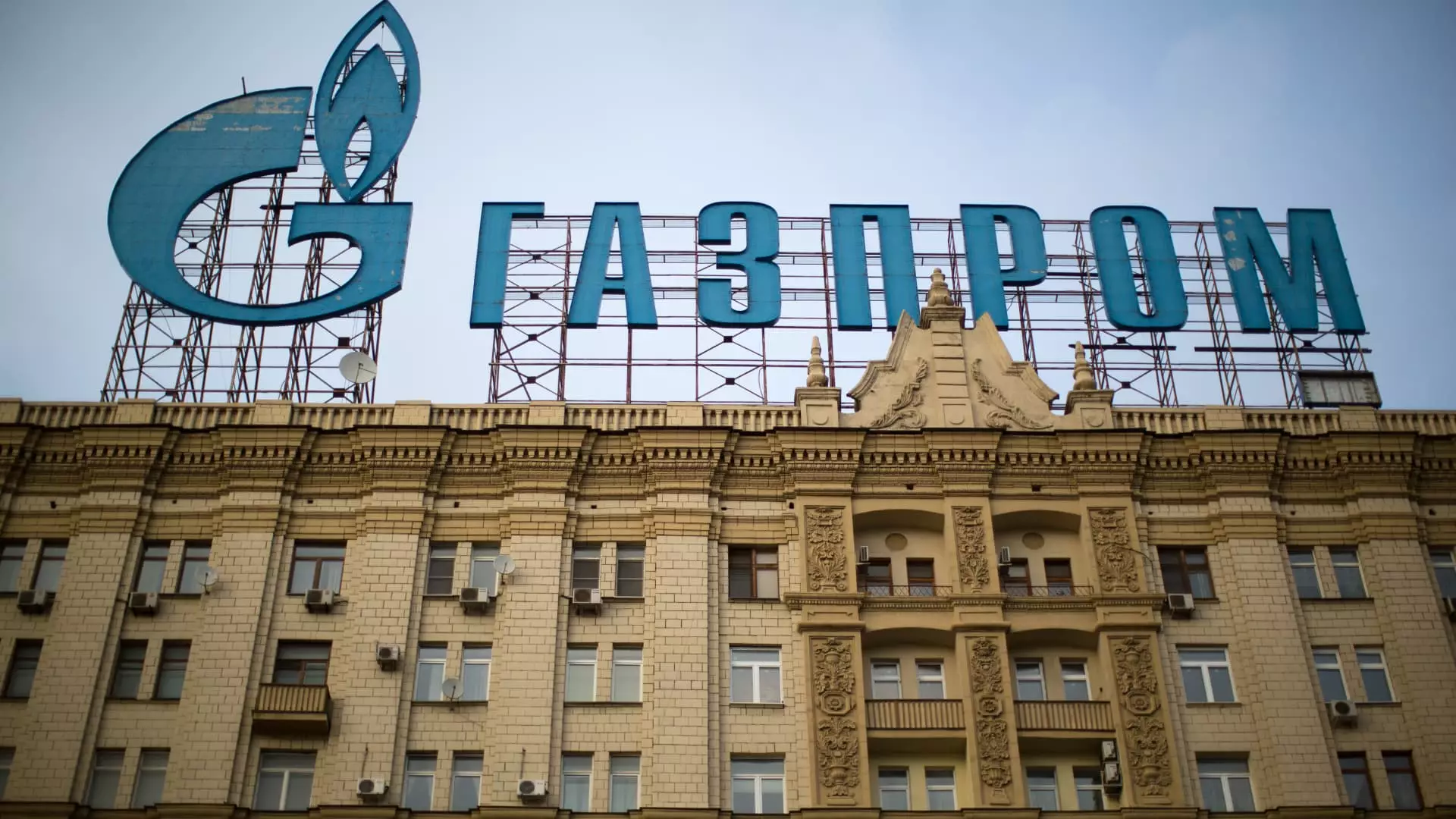In a significant escalation of ongoing tensions, Gazprom, the Russian state-owned energy conglomerate, announced plans to cut gas supplies to Moldova starting January 1. This decision is cloaked in claims of unpaid debts, asserting that Moldova owes approximately $709 million for past gas deliveries. However, the Moldovan government disputes this figure, arguing that an international audit conducted by firms from Britain and Norway only recognizes a debt of about $8.6 million. This discrepancy casts a shadow over the economic relations between Moldova and Russia, highlighting how energy supply has become a potent tool of geopolitical maneuvering.
Moldova, a European Union candidate country with a population of around 2.5 million, has historically relied heavily on Russian gas. However, since the onset of the Ukraine conflict in 2022, the Moldovan government has made strides to lessen this dependence, seeking to diversify its energy sources amidst fears of potential Russian efforts to destabilize the nation. The Kuciurgan power plant, the largest in Moldova and situated in the pro-Russian breakaway region of Transnistria, is dependent on Gazprom’s gas for electricity generation—further complicating the energy landscape.
In response to Gazprom’s announcement, Moldova’s government has issued a series of emergency measures aimed at mitigating the impending crisis. With the winter months approaching, Prime Minister Dorin Recean has emphasized that the government does not acknowledge the debt purported by Gazprom, framing the situation as a blatant version of energy weaponization. To safeguard national interests, Recean indicated that legal options are on the table, including the possibility of international arbitration.
Moreover, the Moldovan parliament preemptively voted to impose a state of emergency in the energy sector, a move that reflects the government’s acute awareness of the precarious energy supply situation. This decision will come into effect alongside various conservation initiatives starting January 1, which involve reducing lighting in public spaces by at least 30% and promoting off-peak operations of energy-intensive industries.
The urgency for Moldova to end its reliance on Russian energy is amplified amidst regional fears of energy manipulation. Since gaining independence from the Soviet Union, Moldova has navigated a fraught relationship with Russia—marked by attempts to assert its sovereignty while also addressing economic realities. The recent election of pro-Western President Maia Sandu has further solidified Moldova’s commitment to moving toward Europe, an ambition bolstered by a recent referendum endorsing the country’s EU integration path.
In the face of Gazprom’s aggressive moves, the Moldovan leadership is keen on tapping into alternative energy sources. This strategy is not merely a response to the immediate gas supply threat; it also represents a broader vision of energy independence that could place Moldova on a firmer footing within Europe’s energy landscape.
The ongoing saga between Gazprom and Moldova serves as a microcosm of the larger geopolitical tensions gripping Eastern Europe. As countries like Moldova seek to disentangle themselves from Russian influence, they increasingly turn to Western partners for support. The search for alternative energy supplies—such as liquefied natural gas from the U.S. and Qatar—signals a shift in how countries in the region view energy security.
Russia’s role as a traditional energy supplier to Europe has been seriously undermined by the ongoing conflict in Ukraine and the subsequent energy crisis, which saw many European countries scrambling for alternative energy sources to protect their economies from Russian manipulation. This current crisis has precipitated a need for enhanced solidarity and cooperation among EU member states, as energy independence emerges as not just a national priority for countries like Moldova but as a collective endeavor for the region.
As Moldova braces for the impending energy crisis prompted by Gazprom’s decision to halt gas supplies, the country’s government is setting the foundation for a more resilient energy future. While the immediate challenges are steep—spurred by deep-seated geopolitical tensions—the pursuit of energy diversification stands as a clarion call for other nations caught in the crosshairs of energy politics. The outcome of this situation will have long-lasting implications for Moldova and its quest for sovereignty and integration into the European community.


Leave a Reply